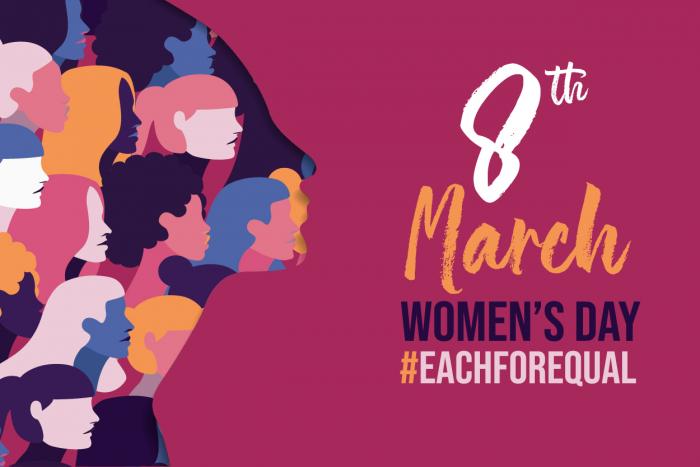Joint statement by the President of the Committee of the Regions, Apostolos Tzitzikostas, and the Vice-President, Vasco Cordeiro, at the occasion of the International Womens' Day.

Today we celebrate the International Women’s Day, in the spirit of United Nations #GenerationEquality campaign, to drive actions that create the gender-equal world we all deserve. Gender inequality isn’t only a women’s issue, but a societal and economic one – as it is essential for democracy, and for economies and communities to thrive. To make democracy work and policies effective, governments – and work places – must be representative and reflect society at large.
Ensuring gender equality is key to build a social and just Europe. We, locally and regionally elected representatives must lead by example in this respect. We call for a solid European framework to change practices and mindsets in order to fully respect and empower women.
We need to tackle the root economic, social and cultural barriers women face, end gender-based violence and challenge gender stereotypes. In Europe today, we have made significant strides to bridge gender imbalance in politics, but we have a long way to go. There are 1 million local and regional elected officials in Europe, but only about 30% of those are women. Closing the gender gap locally will make our societies more democratic and inclusive at all levels.
The EU needs to step up support efforts to include an equality perspective in all EU policy areas, and increase the share of women in decision-making, also in local and regional government. Our Committee has repeatedly drawn attention to the need to improve the gender balance in our national delegations, and will continue efforts to influence the Member States’ nomination policy. Today, with our new mandate, we have 4 Chairwomen out of a total of 6 thematic commissions. Our Committee will continue to raise awareness and seek solutions to redress the imbalance in EU local and regional politics, and will work towards making gender parity reality within the Committee.
